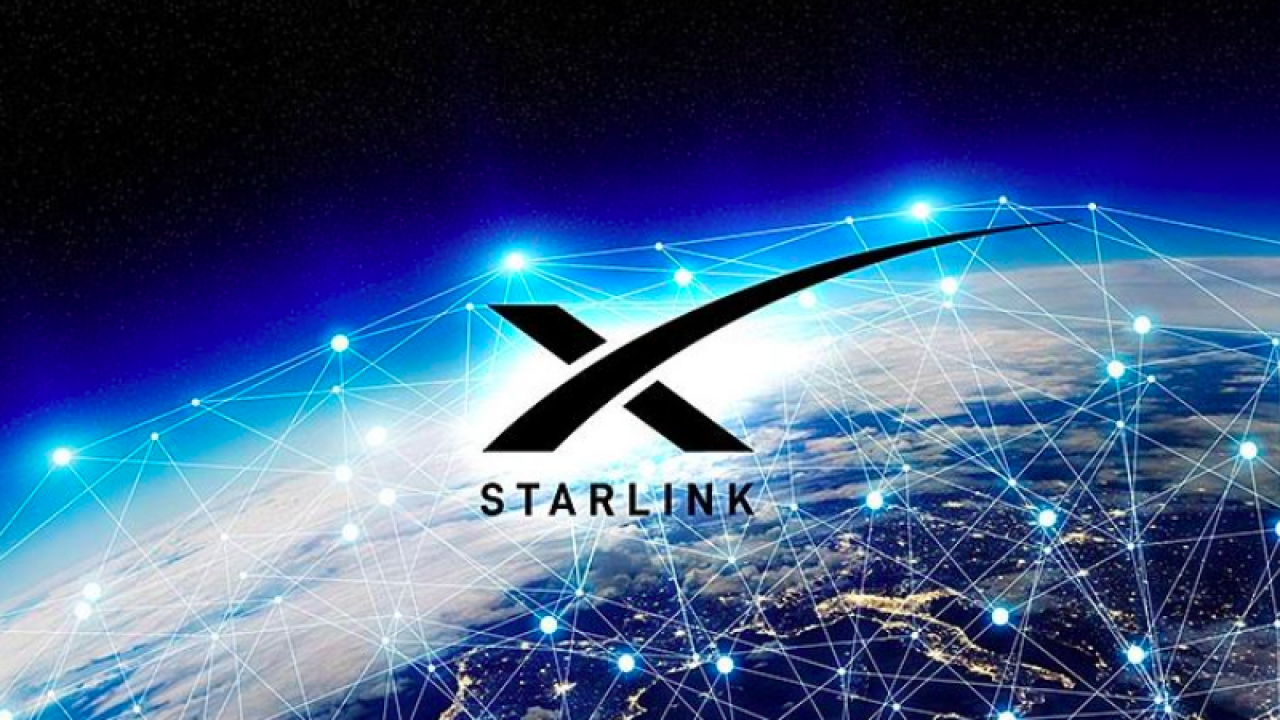A groundbreaking $1.6 billion deal is in the works between SpaceX and Italy, set to revolutionize government communications by introducing Starlink’s Starshield to Italy’s military and government sectors. Starshield, a more advanced and secure version of Starlink, is designed specifically for military and government use, offering enhanced encryption, faster speeds, and anti-jamming features. With Ukraine already utilizing Starshield for its military operations, the question arises: Should this powerful technology be available to other nations, and what implications does it have for global security?

What is Starshield?
Starshield is a specialized variant of Starlink, SpaceX’s satellite internet service, tailored for high-security applications. While Starlink is primarily designed for consumers, Starshield caters to the needs of military and government users, ensuring stronger encryption, greater resilience to cyber-attacks, and faster, more reliable connections. Starshield has already proven its value in conflict zones, particularly in Ukraine, where it has been vital in sustaining military communications amidst the ongoing war.
The $1.6 Billion Deal with Italy
Italy, looking to modernize its communication infrastructure, has chosen SpaceX’s Starshield over other alternatives such as the EU’s Iris 2 satellite network. The deal promises to provide Italy with secure, encrypted communication services for its government operations, making a bold statement about the nation’s position in the world of defense and security technology. The deal, if finalized, would mark Italy’s significant step forward in securing its communication networks, with Italy’s defense ministry and intelligence services already backing the agreement.
The Italian government could potentially utilize Starshield not only for military applications but also to secure key governmental infrastructure across the country. This is particularly critical given the rise of cyber threats and the need for resilient communication systems in the modern world.
The Role of Elon Musk and the Maloney-Musk Dynamic
What adds an interesting layer to this deal is the relationship between Italy’s Prime Minister Giorgia Meloni and Elon Musk. Meloni has been vocal in her admiration for Musk, describing him as a “gifted man” and an “extraordinary innovator.” The dynamic between Italy’s political leadership and Musk’s influence in the tech world likely helped to push the negotiations forward. Additionally, Meloni’s trip to the United States to meet with former President Donald Trump may have had strategic ramifications, aligning Italy with the U.S. in the broader geopolitical landscape.
A Bold Step for Italy’s Future
The decision to use Starshield represents more than just a technological upgrade for Italy; it’s also a strategic move in positioning Italy as a leader in global security and digital infrastructure. As tensions grow in the world of geopolitics, ensuring secure communications for governmental and military operations is becoming more crucial than ever.
While some critics argue that Italy’s adoption of Starshield could pose a security risk or create an imbalance of power, others believe that SpaceX, as a private company, should be able to provide this service to other countries for a significant fee. With such a powerful service, there is the risk of enabling other nations to enhance their own military and intelligence capabilities, but these nations are also paying for tailored services, customized to their specific needs and not directly mirroring the capabilities used by the U.S. military.
Should SpaceX Provide Starshield to Other Countries?
This brings us to the central debate: should SpaceX’s Starshield be available to countries other than the U.S.? Given the technology’s hardened security features and its pivotal role in military communications, the idea of providing it to other countries raises questions about global security and the balance of power in space-based technologies. Starshield has been tested in real-world scenarios, notably in Ukraine, where it has been continuously under threat from cyber-attacks and jamming attempts. Its resilience in such conditions speaks volumes about its reliability.

However, the global implications of such a deal cannot be ignored. Should Elon Musk have the ability to provide such sensitive military-grade technology to nations around the world, especially those outside the Western alliance? It’s a complex issue that requires careful consideration of geopolitical factors, ethical standards, and long-term security risks.
Final Thoughts: A New Era for Starshield?
In my opinion, SpaceX has developed a unique and invaluable service with Starshield. The technology has been battle-tested and proven to work, and it could play a key role in ensuring the security of nations around the world. However, it’s crucial that any deal made is thoroughly scrutinized. Regulations and oversight are needed to ensure that this technology is not misused or falls into the wrong hands.
If Elon Musk can ensure that Starshield remains under strict control and is only tailored for specific needs, the global community could benefit greatly from this secure, resilient communication network. The deal with Italy is a significant step in showcasing the potential of Starshield, but the question remains: should other countries be allowed the same access to such a game-changing technology?
What do you think? Should Starshield be available to countries like Italy and beyond? Let us know your thoughts in the comments below, and let’s keep the conversation going.


